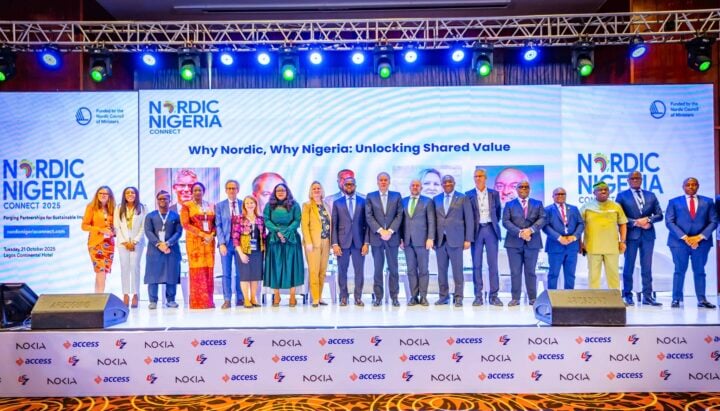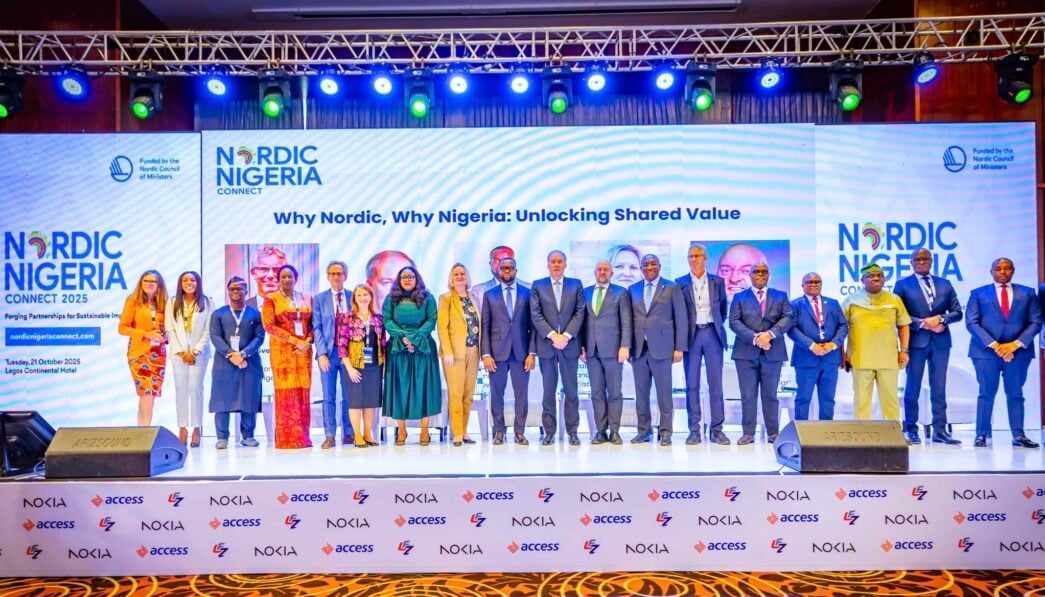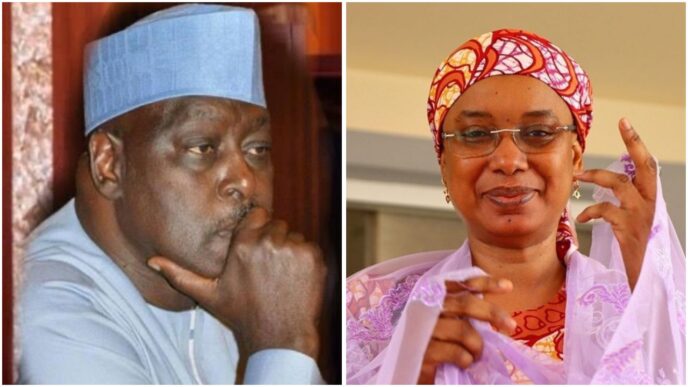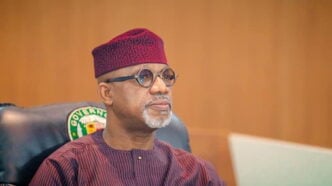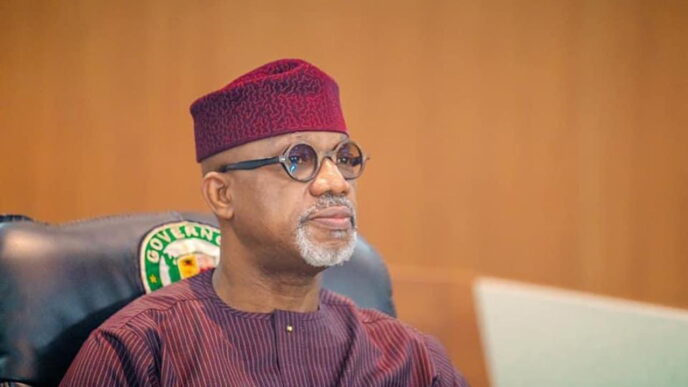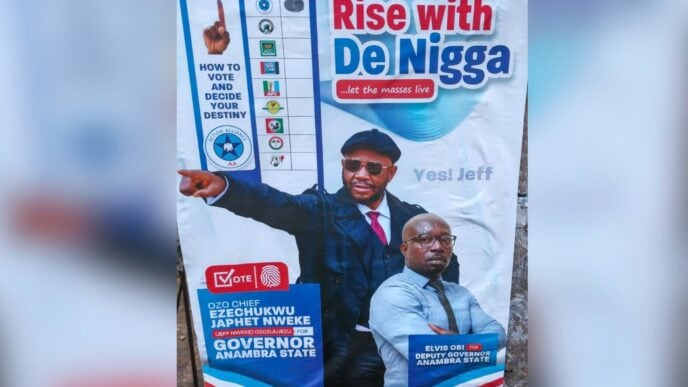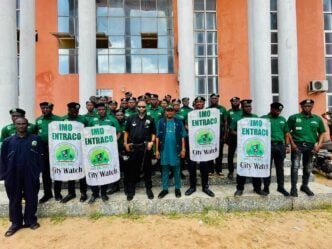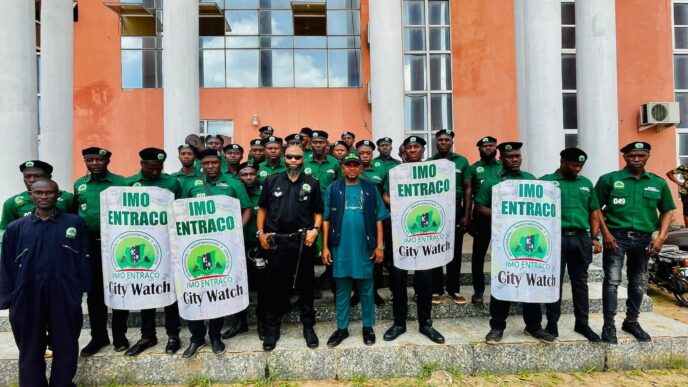The Lagos government says it is committed to investing in food security infrastructure to cut the state’s 45 percent food wastage and stabilise prices.
Babajide Sanwo-Olu, governor of Lagos, spoke at the Nordic Nigeria Connect 2025 forum held on October 21 at the Lagos Continental Hotel.
The event, themed “Forging Partnerships for Sustainable Impact”, was organised by the Nordic embassies in Nigeria and their trade offices.
The event provided a platform for government leaders and private sector executives to explore collaboration across green energy, digital technology, health innovation, and sustainable agriculture.
Advertisement
Sanwo-Olu, represented by Samuel Egube, his deputy chief of staff, said the state is investing heavily in food security systems, including what will be one of Africa’s largest cold and dry storage facilities.
He said the move is part of efforts to eliminate wastage in the food supply chain and create a more efficient market system that would ultimately make food more affordable for residents.
“Lagos is a powerhouse with over 25 million people, and it will continue to flourish as long as that population remains productive,” the governor said.
Advertisement
“And, of course, our growing population needs to be fed. That brings us to our food security system, an area in which Lagos has made critical investments. We are building one of the largest food security infrastructures on the continent, including the biggest cold and dry storage facilities.”
Sanwo-Olu said the government’s vision is to make Lagos a “human-centric city” where capital aligns with local value, supported by an efficient food system.
“One of the key lessons from COVID-19 was that even though Lagos is the biggest market in sub-Saharan Africa, it cannot thrive if the value chain or supply chain is broken,” he said.
“To address this, we launched a fund to stimulate production across the country and strengthen partnerships between food production areas and consumption hubs in Lagos.
Advertisement
“This investment also opens pathways for growth in logistics. We’re starting with 40 LNG-powered trucks and are open to more investments in that space.
“Once our logistics and storage systems function properly, the 45 percent food wastage we currently experience will become a thing of the past. That, in turn, will reduce the cost of food in Lagos — and that’s good for everyone.”
The governor added that Lagos continues to invest in sustainable transportation, green energy, and infrastructure to support its population and business environment.
He said the state has facilitated investment in the Lekki deep seaport, which now has the capacity to deliver three times more than the Apapa port.
Advertisement
“We’re pushing our sustainability agenda through a green energy transition including the use of solar energy for street lighting. By December, we would have completed 22,000 solar-powered streetlights out of our 47,000 target.”
NIGERIA, DENMARK SIGN MoU ON DIGITAL TRANSFORMATION
Advertisement
At the event, the federal ministry of innovation, communication and digital economy and the Danish embassy in Abuja signed a memorandum of understanding (MoU) on digital transformation and innovation.
Bosun Tijani, minister of communications, innovation and digital economy, described the MoU as “the beginning of a new era of technology-driven partnership”.
Advertisement
He said the agreement aligns with Nigeria’s digital economy agenda and Denmark’s vision of green digital cooperation.
According to the minister, the partnership would harness Nigeria’s market potential and tech talent alongside Nordic technological expertise to achieve shared prosperity and tangible benefits for citizens.
Advertisement
Tijani reaffirmed Nigeria’s commitment to leveraging technology and international partnerships to drive inclusive growth, describing the Nordic countries as “strategic allies” in Nigeria’s journey toward a digital, sustainable future.
He said collaboration must go beyond words and be grounded in trust and empathy, translating into innovation that creates jobs and improves lives.
Also at the event, Empower New Energy, a Norwegian renewable energy finance and co-development company, signed power support agreements for new solar and battery investments with Jendol Superstores and manufacturer Jeddy Bolema.
Jarno Syrjälä, Finland’s deputy minister for international trade, said: “Together, we can co-create solutions that are not only commercially viable but socially and environmentally impactful”.
